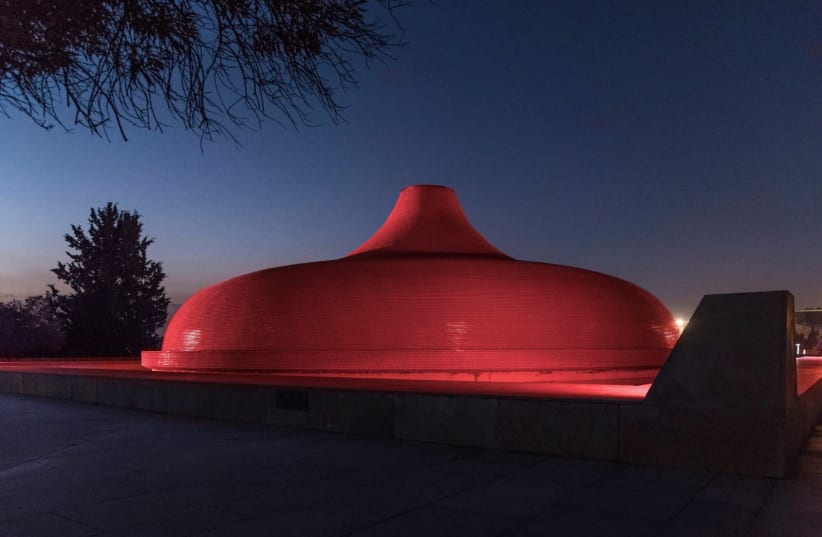After coronavirus: Will Israeli cultural institutions rebound in 2021?
Some say that the reopening of the cultural sector could be a time for a rebirth of the arts in Israel, particularly if the government chooses to support culture and give it the means to rebuild.
